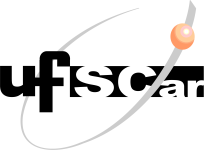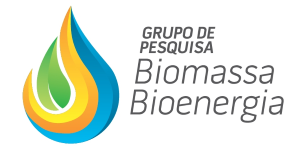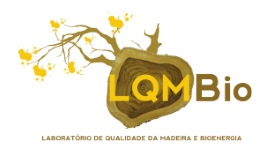CHARACTERIZATION OF BIODIESEL AND ETHANOL BLENDS WITH GASOLINE FOR ATOMIZATION IN A Y-JET INJECTOR
02 - Biodiesel
 1 BRUNA DELFINO, 2 OTÁVIO MENDES DA SILVA, 2 GABRIEL BALDIN NOGUEIRA, 2 CLÁUDIA GONÇALVES DE AZEVEDO
1 BRUNA DELFINO, 2 OTÁVIO MENDES DA SILVA, 2 GABRIEL BALDIN NOGUEIRA, 2 CLÁUDIA GONÇALVES DE AZEVEDO
1 UNIVERSIDADE ESTADUAL PAULISTA JÚLIO DE MESQUITA FILHO
2 UNIVERSIDADE ESTADUAL PAULISTA JULIO DE MESQUITA FILHO
Due to the continuous increase in oil prices and the fact that environmental legislation has become increasingly rigorous, recommending strict limits for pollutant emissions in engines, turbines, furnaces, boilers and industrial combustion processes, it is verified that is of interest of the country and companies to investigate the use of biofuels such as mixtures of these fuels with gasoline and diesel in industrial applications, aiming to reduce costs, increase the efficiency of operations and reduce the emission of pollutants. Combustion of liquid fuels depends on efficient atomization to increase the surface area of the fuel and thus achieve high rates of mixing and evaporation. In order to promote combustion with maximum efficiency and minimum emission of pollutants, an injector must provide a fuel spray that evaporates and disperses rapidly to produce a homogeneous mixture of vaporized fuel and air. Since a significant portion of the industrial combustors operate with liquid fuels and the injector is a fundamental part in combustion systems using such fuels, the present work aims characterized a Y-jet injector for the atomization of fuel blends that will be used in future applications for combustion systems. A theoretical study of a Y-jet injector will be realized to atomize different blends composed of biofuels (commercial hydrated ethanol and soybean and bovine tallow biodiesel) and fossil fuels (commercial S500 diesel, commercial common gasoline) with different proportions. The physicochemical properties of the fuel mixtures will be determined, and theoretically the characteristics and quality of the spray generated using the Wigg equation to calculate the MMD (mass median diameter) for different injection conditions. It was verified that an increase in the diesel, biodiesel and ethanol percentages in the gasoline blends leads to an increase in the blends density. It is observed that the higher kinematic viscosities and surface tensions were obtained for the blens that contained biodiesel ans diesel in its composition, since such fuels are characterized by having the highest viscosities and surface tensions. For the blends that presented the highest viscosities and surface tensions were obtained the largest diameters, since these properties directly affect the spray quality. Also, it was verified that an increase in the air-liquid ration leads to a decrease in the droplets diameter.
Keywords: spray, y-jet injector, ethanol, biodiesel, gasoline, diesel
Acknowledgments: Thanks research group 2RE - Research for Renewable

























